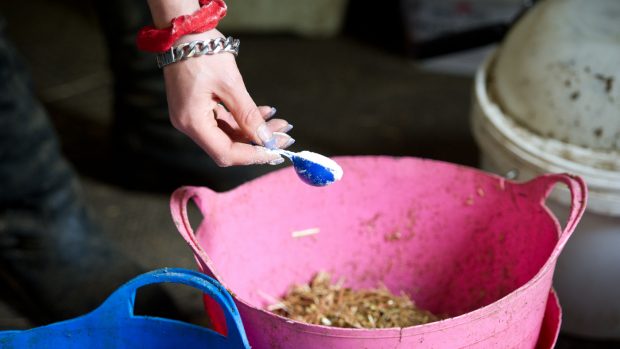Equestrian nations from around the world have welcomed the delay on new drug rules for horse sport.
But they warn a lot of work needs to be done to ensure the plans to allow bute and other painkilling substances are not permitted during equine competition.
The International Equestrian Federation (FEI) yesterday announced the delay in implementing the new Equine Prohibited Substances List, and accompanying regulations. These will allow low doses of three non-steroidal anti-inflammatories, such as bute, and three other commonly used drugs, to be permitted during competition.
The decision taken at the FEI general assembly in Copenhagen to adopt the so-called ‘progressive list’ caused uproar — and continues to.
Horse Sport Ireland (HSI) — which voted against the idea — met on Monday night to discuss the regulations. All of the vets present at that meeting believe the plan is a retrograde step for the sport.
HSI chairman Joe Walsh said the delay was a “sensible and pragmatic move”, but warned: “It is clear that changes are needed in this list, and that the issue will not go away.”
His comments were echoed by Paul Cargill, president of Equestrian Australia (EA), who spoke up strongly against the new rules when they were passed at the FEI general assembly in Copenhagen.
“EA did not ever back the introduction of this list, and the FEI had not allowed adequate time for debate and dialogue on the issues arising,” said Mr Cargill.
“We are now seeking the science to come to a solution that ensures that the welfare of the horse is respected and the safety of athletes is not compromised. We will then make submissions and are confident that the ‘progressive list’ as it stands is not introduced.”
And France Galop, the governing body of horse racing in France, issued a strong statement against the rules this morning.
It read: “A horse that is under treatment must be considered as recovering and not as a horse fit to carry out a sporting performance.
“The recent decision taken by the FEI is a worrying step backward…(we hope) national federations will be able to convince FEI that, on this occasion, the horse is made more vulnerable at a time when modern societies wish to protect it.”
But while the US Equestrian Federation (USEF) also welcomed the delay, it believes the introduction of low doses of NSAIDs to be a positive step forward for horse welfare, and said the intervening time before implementation should be spend on education and communication.




